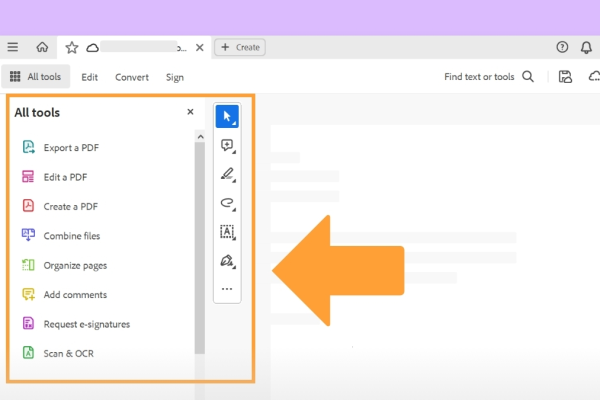Almost eighty percent of workers say they would want to be employed by a company that values diversity and inclusion. And yet, despite widespread agreement on the value of diversity, just a quarter of businesses have made it a top priority to actively recruit and retain people from underrepresented groups.
Our approach to highlighting the value of diversity may be at fault. Statements like “it’s the right thing to do” are not understood in the business sector and should be avoided. In order to make decisions, business leaders require concrete data. The good news is that there is ample evidence showing that diversity, equity, and inclusion positively affect a business’ bottom line.
Practically every department can reap rewards from having a more varied and open workforce. Companies with a wide range of employees tend to have more recognition and prestige. They’ve noticed an uptick in their success in attracting top talent. Read more on this link https://smallbusiness.chron.com/advantage-business-diversity-training-its-employees-4846.html.
And as more employees from different backgrounds meet with one another, new ideas and views are sparked. The positive effects on these organizations’ brands, employee morale, and creative output all add up to better financial results.
It benefits the company’s image

The importance of variety has been much discussed in recent years, and rightly so. There is a widespread belief that people would prefer to live in a more equitable and welcoming society, and that they have a more positive impression of institutions and groups that actively work to achieve this goal.
Moreover, diversity initiatives by well-known businesses have been demonstrated to enhance brand recognition, consumer interest, and brand loyalty, so it’s no surprise that consumers place more prestige on firms that they perceive to be more inclusive.
However, it’s not enough for companies to merely claim they value diversity and inclusion. In fact, if customers believe a brand’s activities are consistent with their inclusion efforts, they are more likely to make a purchase from that company.
Effective Diversity, Equity, and Inclusion (DEI) training can educate employees on the company’s diversity initiatives and the steps they can take, both in and out of the workplace, to foster a more welcoming environment for all employees. Read more here.
The more welcoming an organization is, the more applicants they may consider
Two minds are supposedly better than one, but will that hold true if you just bring in people who think precisely like you do? There are many structural access hurdles that, if your company isn’t vigilant, can result in a narrow and ineffective talent pool.
But if your company recruits, screens, selects (and promotes) from a varied pool of candidates, you’ll have access to a group of people who bring different but complementary sets of abilities to the table, which can help you take your team to the next level.
Companies sometimes point to a “talent shortage” or “skills gap” as the cause of their difficulties in filling positions, but a lack of diversity and an absence of inclusive practices may be more to blame. To the extent that companies base their recruiting decisions on candidates’ years of expertise and technical ability, they may be inadvertently eliminating people from underrepresented groups who have had less opportunities to gain these skills and expertise.
The talent pool is full with imaginative, hardworking individuals who can pick up the necessary skillsets fast if only businesses would extend their approach to recruitment and evaluation. If you want to discover more about the types of diversity training in the workplace, do online research as well.
Staff are more invested in their work
Recruiting people from many walks of life isn’t enough to make your company truly welcoming. Creating a culture of inclusion includes making sure that all employees feel welcome and appreciated. And when workers can be themselves without fear of reprisal, they are more invested in their work, produce better results, experience less stress, and enjoy better overall physical and mental well-being.
A diverse workplace that is built on trust and inclusion does more than merely increase employee engagement. When workers have a sense of security and belonging on the workplace, they are able to better connect with and learn from their coworkers.
Since employees are more invested in their work and feel more supported by their superiors, they tend to experience less stress, show fewer signs of burnout, and improve their physical and mental health, which in turn reinforces employee engagement.
Employees who are engaged in their work are less likely to quit (by as much as 65%), use fewer sick days (by as much as 37%), produce more work (21% more), and receive higher marks from customers (10%).
Every worker can feel like they belong in the firm by implementing DEI training as well as other inclusive efforts.





